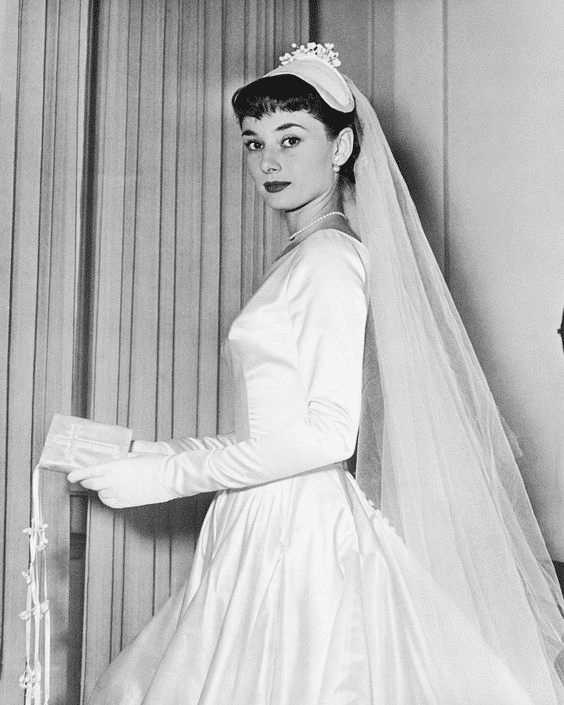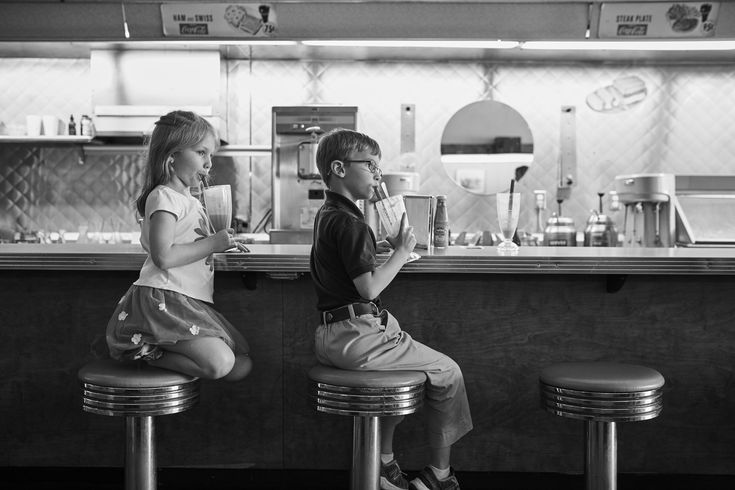Did you know there were other ways to describe the feeling we know as ‘hungover’ back in the day? The feeling of being hungover has been described by your parents and grandparents in ways we’d consider funny and weird now. We’ve scoured the internet and other records to compile the funniest synonyms of the word ‘hungover.’ Here are five former ‘hungover’ synonyms that will make you wonder how people coined them.
Crapulous
Imagine someone saying they were feeling crapulous– you’d assume it meant they were feeling like crap. Interestingly, that’s not the whole meaning. The word ‘crapulous’ originally came from a Latin word that meant ‘drunkenness.’
In the late Middle Ages, this term was used to describe an excess in drinking or even eating. However, by the mid-1700s, crapulous was further broadened to describe how one felt after taking too much alcohol. Makes sense, doesn’t it?
Hot Coppers
If you’ve been hungover many times, there must have been at least, one time when your throat burnt with crazy thirst. That feeling of having a burning throat is what brought about this particular description.
In the early 1900s, having hot coppers and bleary eyes was a sure effect of downing too many bottles of booze the night before. So, waking up to a burning throat means having hot coppers- it sure feels like it.
Vinnecky-vasky
Without even knowing what exactly this word means, it will surely sound funny to anyone hearing it for the first time. Well, vinecky-vasky was a slang used in the 1850s; it appeared in a slang dictionary.
The term generally meant ‘suffering from and complaining of a hangover.’ The Victorian word, ‘vinnecky-vasky’, was one of the most hilarious ways to say one was hungover in those days.
Ale Passion
This is one of those hangover-related terms that many people often misunderstand. Contrary to what it seems like, ale passion doesn’t mean love or enthusiasm for alcohol.
Ale passion means what you get after expressing that ‘alcohol love,’ namely the hangover. Since passion used to mean a painful ailment in the 1500s, ale passion referred to the pain of being hungover.
Like a boiled owl
You may have seen an expression like ‘drunk as an owl’ in historical fiction. Relating sickness with owls has been a thing since the mid-1600s. But how would a hungover person feel like a boiled owl?
As far as we know, people probably compared how owls regurgitate undigested food and stare with glassy eyes to how hungover people behave. Well, whatever the relationship between boiled owls and hungover people is, it’s hilarious.








